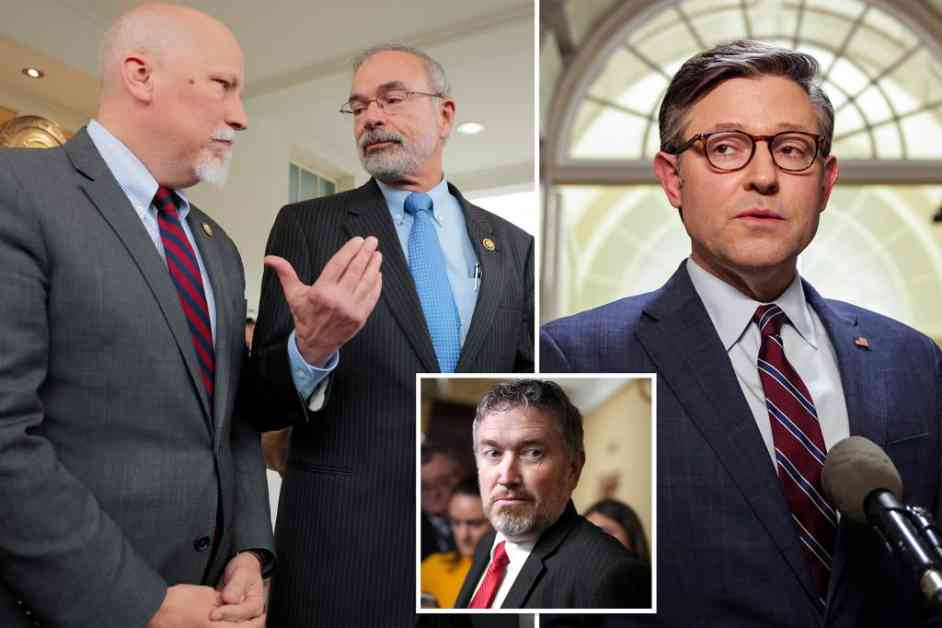Republicans are currently facing a critical challenge in their bid to avoid a government shutdown without Democratic support. The House GOP leadership recently revealed a short-term funding bill to prevent a shutdown that looms on Friday. However, there are concerns about potential Republican holdouts who could disrupt the plan.
Rep. Chip Roy from Texas highlighted that there are still dissenting voices within the party who are not fully in favor of the proposed bill. Roy emphasized that Democrats are eager to shut down the government to hinder Elon Musk and DOGE-related initiatives, sensing that American citizens are becoming more aware of ongoing developments.
In the past, Roy has been known to oppose short-term government funding patches, also known as continuing resolutions or CRs. This stance has often led to a situation where GOP leadership had to rely on Democratic support to pass such measures over the past two years.
The current scenario is particularly delicate, as Republicans hold 218 House seats compared to Democrats’ 214. This slim majority means that the GOP can only afford to lose one vote without Democratic assistance. Losing two votes to the opposition would result in a deadlock.
President Trump has expressed strong support for the GOP plan to prevent a shutdown. However, there is uncertainty regarding the exact number of holdouts within the party who may challenge the proposal.
One prominent critic of the resolution is Rep. Thomas Massie from Kentucky, known for his stringent fiscal stances and symbolic gestures like wearing a US national debt clock on his lapel. Despite Massie’s opposition, other traditional hardliners like Rep. Victoria Spartz from Indiana have shown openness to the plan.
To avoid making significant concessions to Democrats and prevent a shutdown, hardliners within the GOP are gradually aligning with the proposed CR. The 99-page CR largely maintains government spending at existing levels, with a slight decrease in non-defense discretionary spending and increments in defense and immigration enforcement budgets.
House Speaker Mike Johnson unveiled the plan to avert a shutdown, emphasizing the importance of freezing spending at current levels. The CR aims to provide a stable financial environment while Congress and the Trump administration navigate fiscal challenges.
The upcoming House Rules Committee meeting on Monday will mark the initial step in advancing the CR. Following this crucial issue, Republicans will shift focus to President Trump’s legislative agenda, which includes tax reductions, border security enhancements, energy sector improvements, and national defense reinforcement.
As Congress addresses the impending government shutdown, attention will also turn to broader budgetary discussions, including the looming debt ceiling issue expected to emerge in June. The intricate interplay between party dynamics, fiscal policies, and legislative priorities will shape the upcoming decisions in the House.

